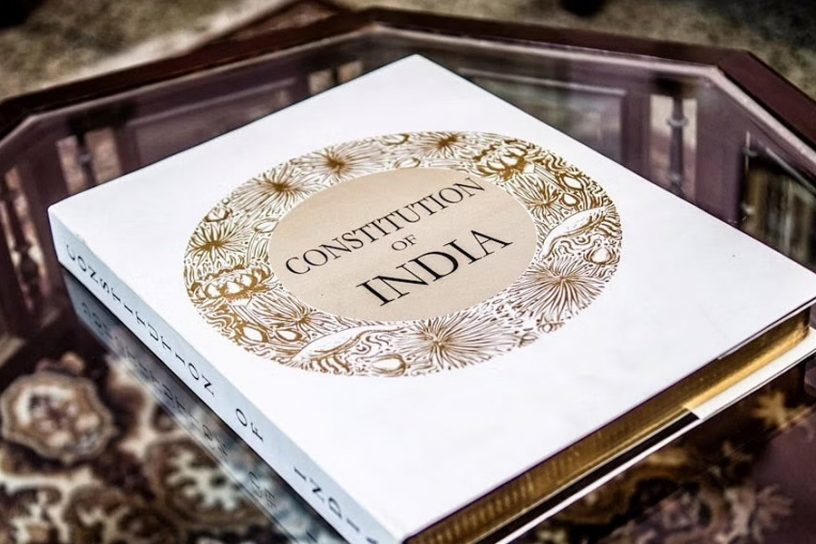
There is enough evidence to prove that in the period 1937–1950, the tribes were not silent and their collective agency had a deep impact on the constitution-making process.
Author
Saagar Tewari, Associate Professor, Jindal School of Liberal Arts and Humanities, O.P. Jindal Global University, Sonipat, Haryana, India
Summary
As a means to resolve the Tribal Question in India, the centrality of the Fifth and Sixth Schedules of the Indian Constitution is widely acknowledged. However, their final incorporation, despite intense nationalist opposition in the run-up to Indian Independence, remains historically unexplained.
This article addresses this lacuna by reconstructing the circumstances under which the Indian National Congress came to accept scheduling as a viable method of providing protection to tribal communities. This strategic shift can be explained as a result of combined political pressures generated by communist-led tribal movements and a steadily mounting challenge heralded by a new stream of educated middle-class tribal activists in eastern India.
Foremost among the latter was Jaipal Singh Munda who mobilized a large constituency of supporters demanding a separate province of Jharkhand. Taken together, there is enough evidence to prove that in the period 1937–1950, the tribes were not silent and their collective agency had a deep impact on the constitution-making process. Finally, the article argues that this period witnessed a significant change in the character of the Congress as erstwhile freedom-fighters turned into ruling elites.
Published in: Modern Asian Studies
To read the full article, please click here.


